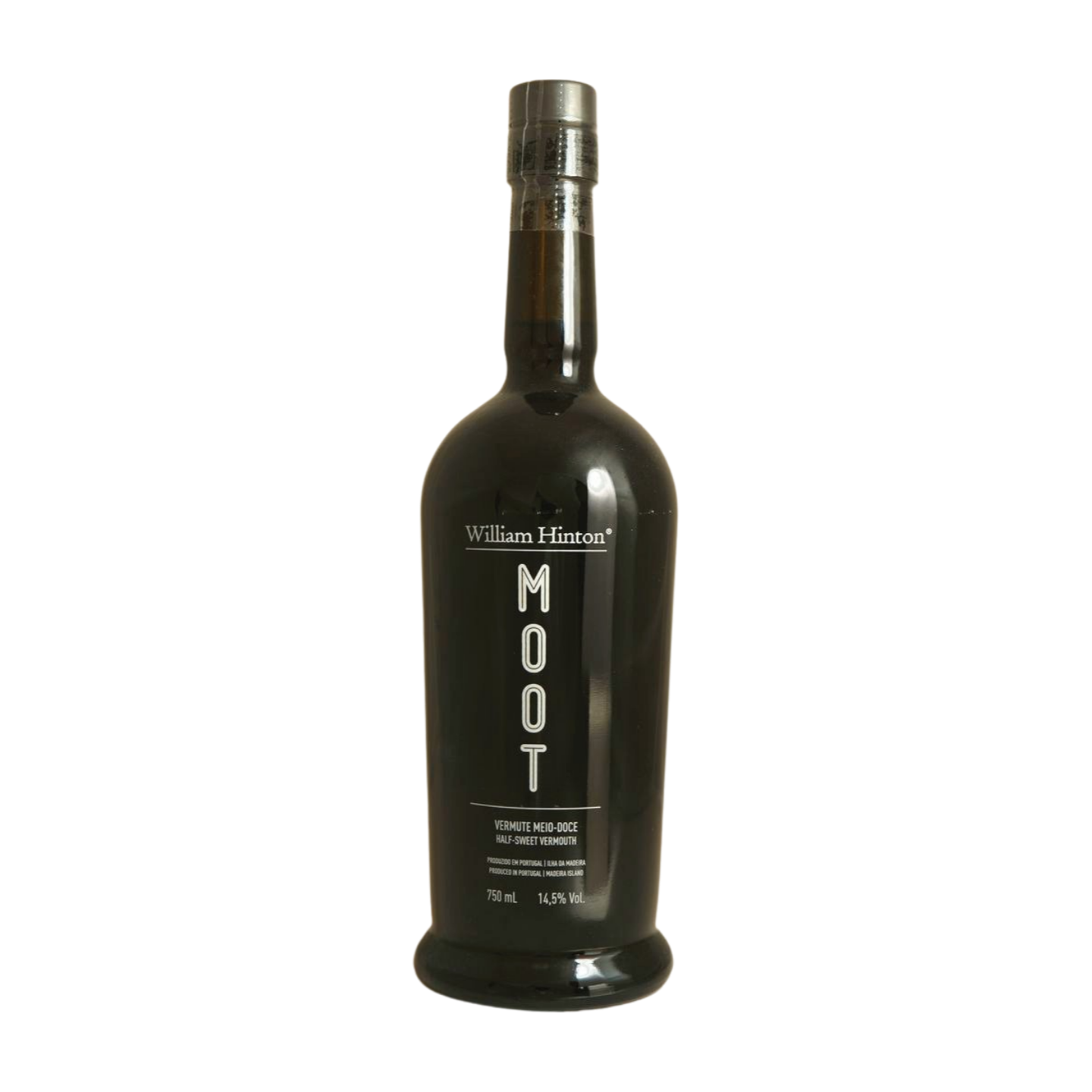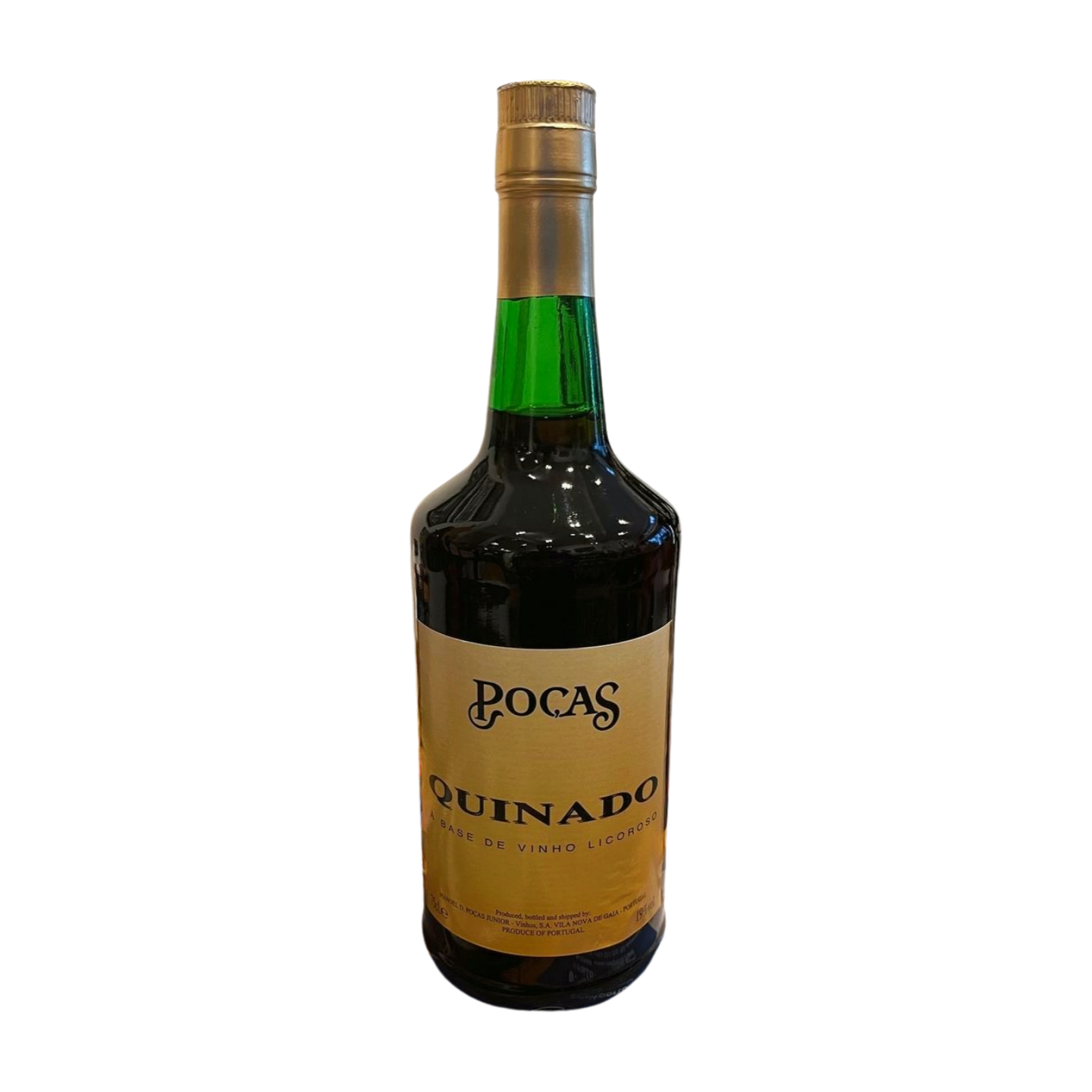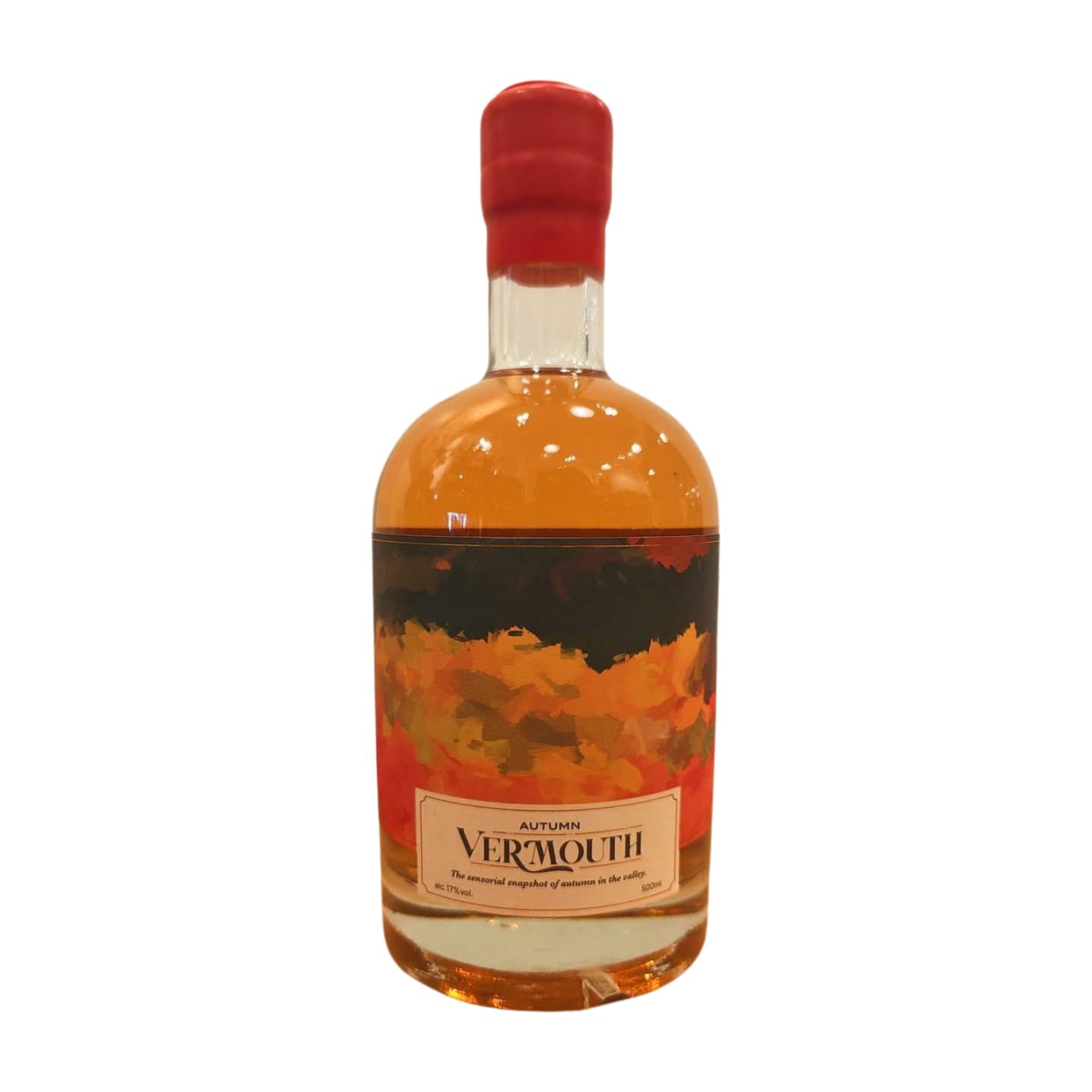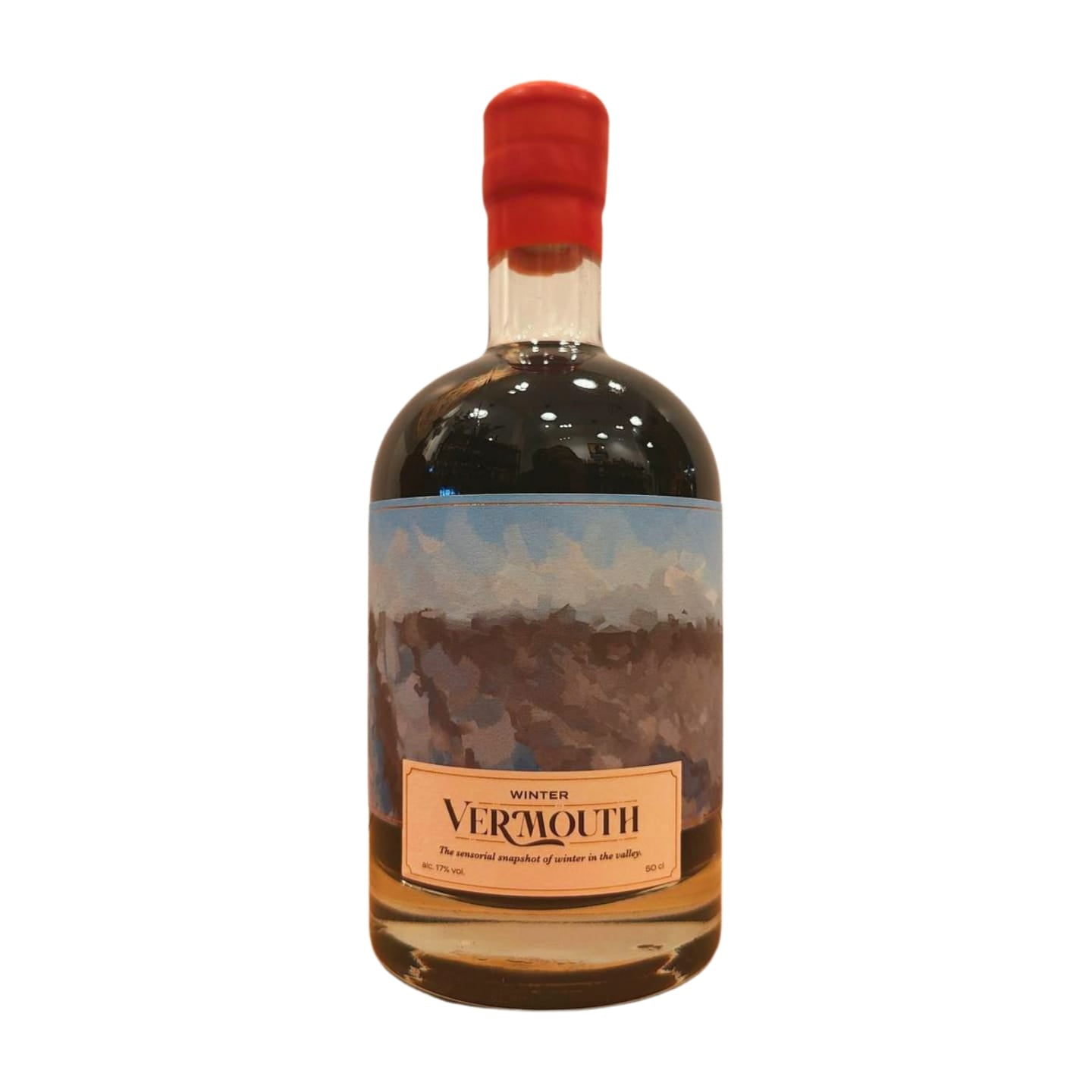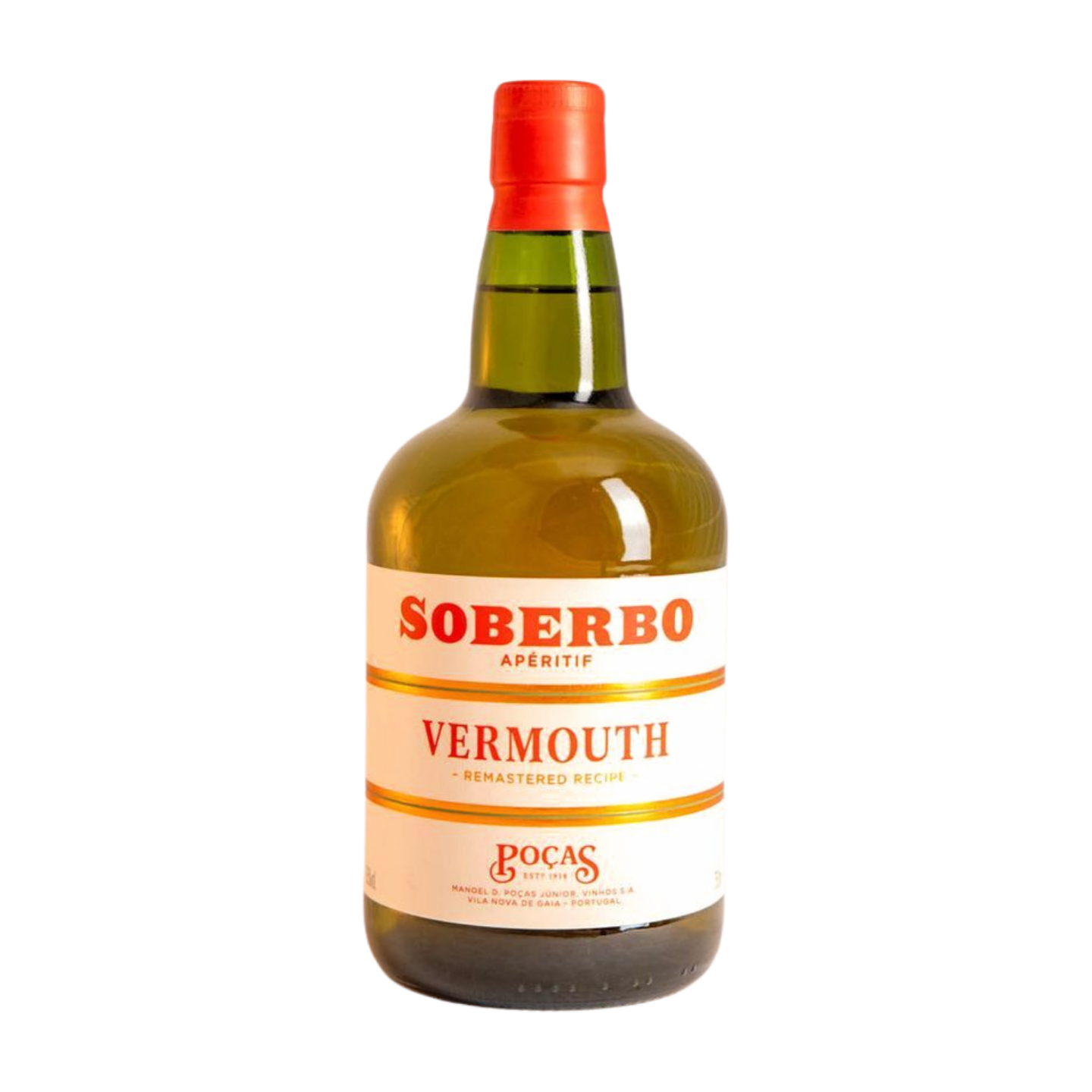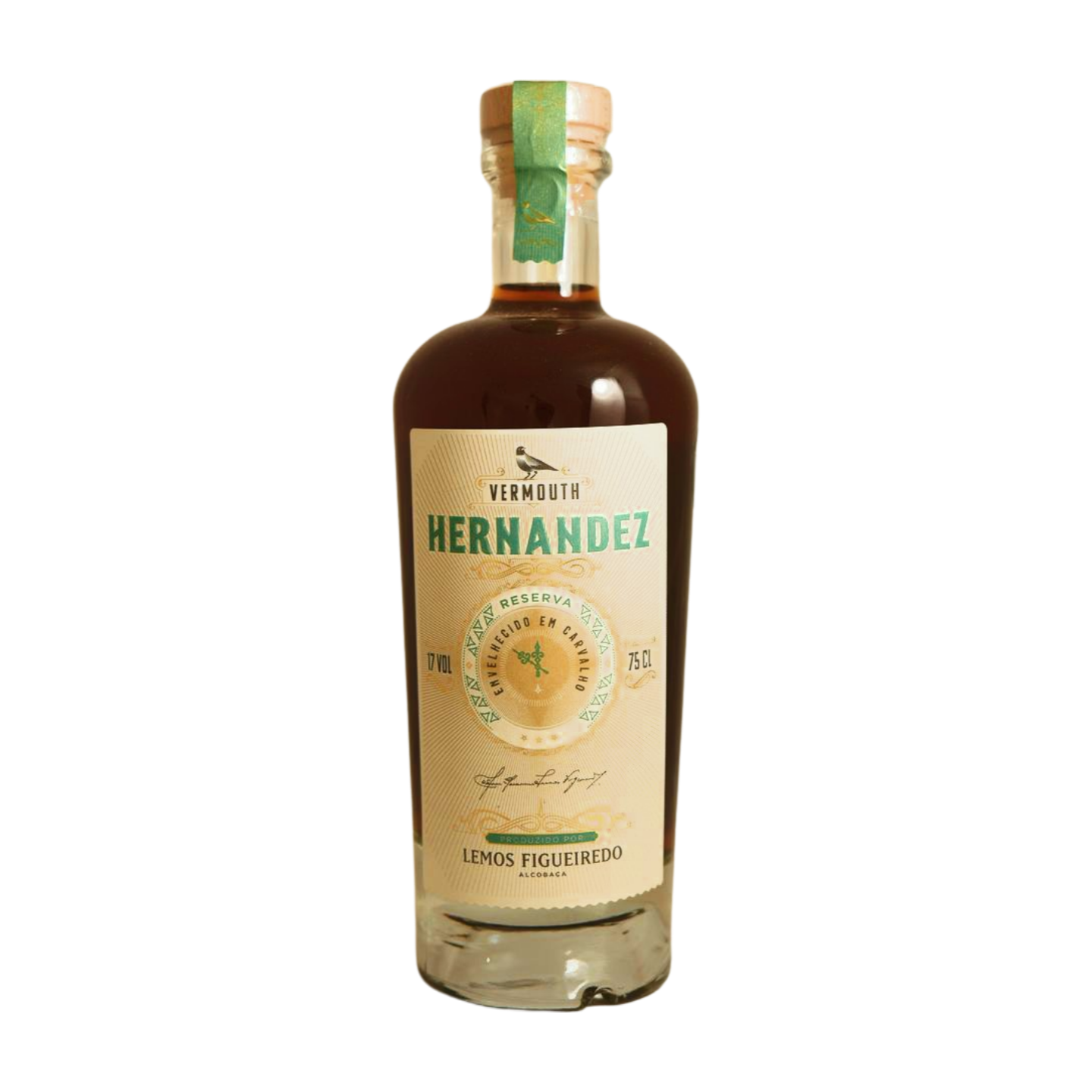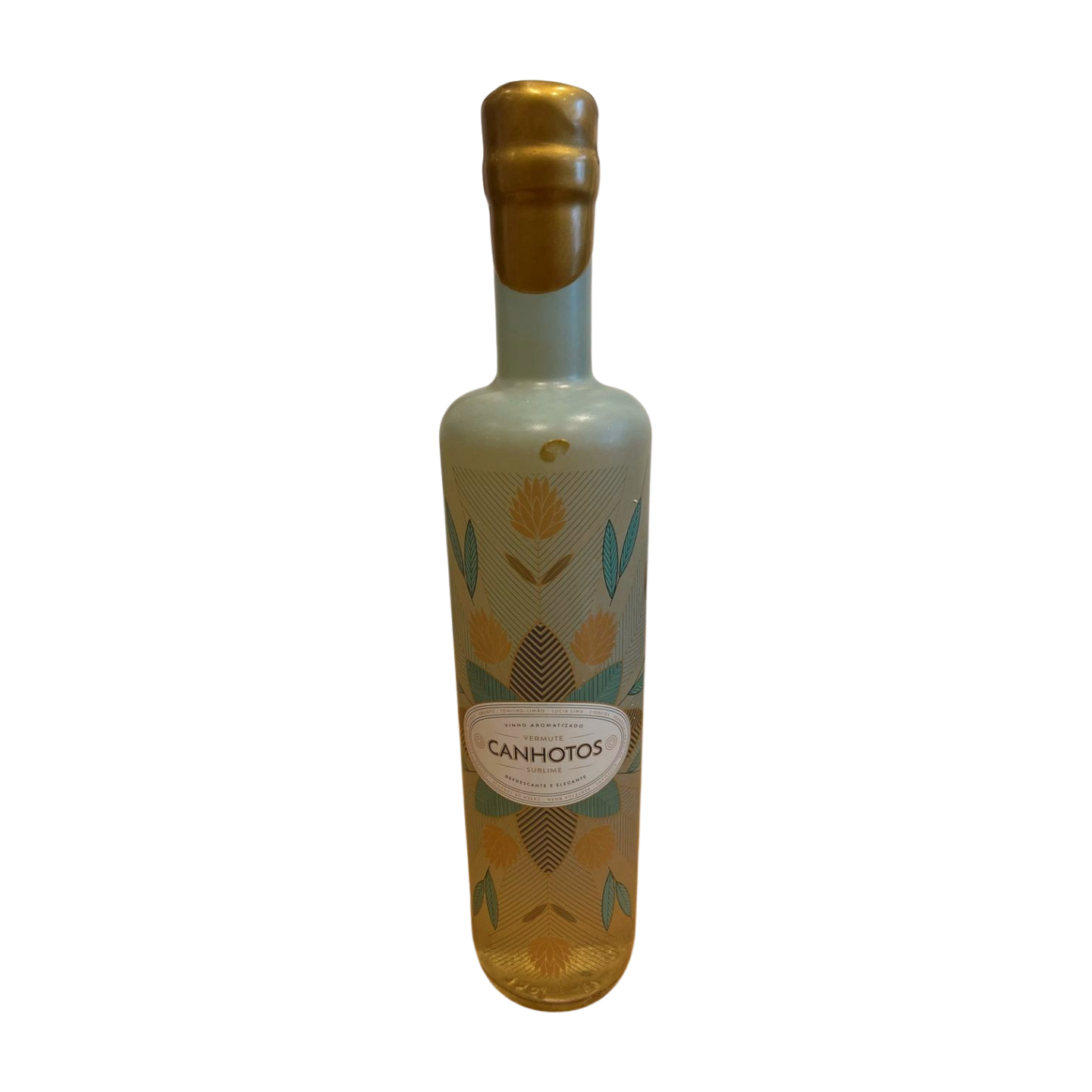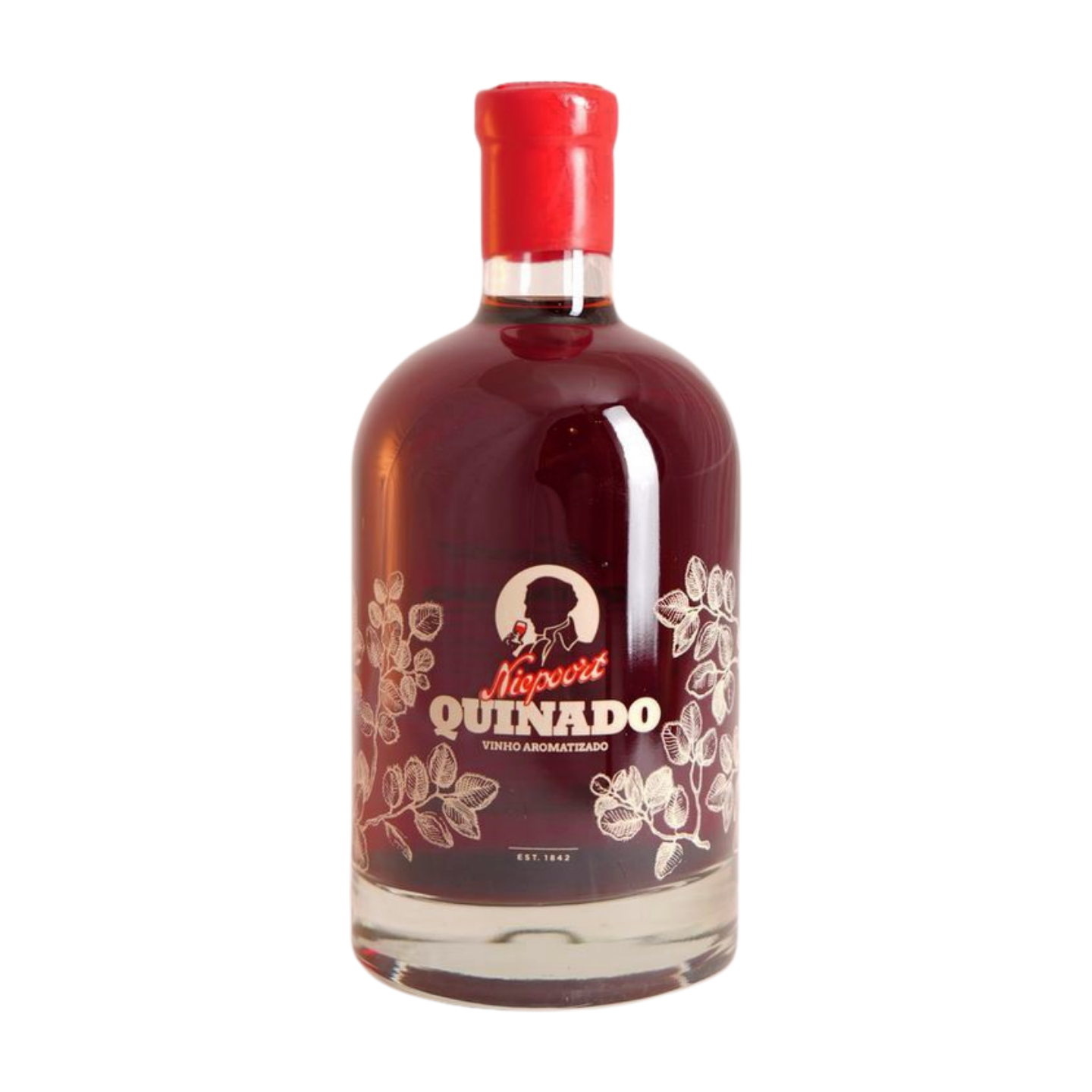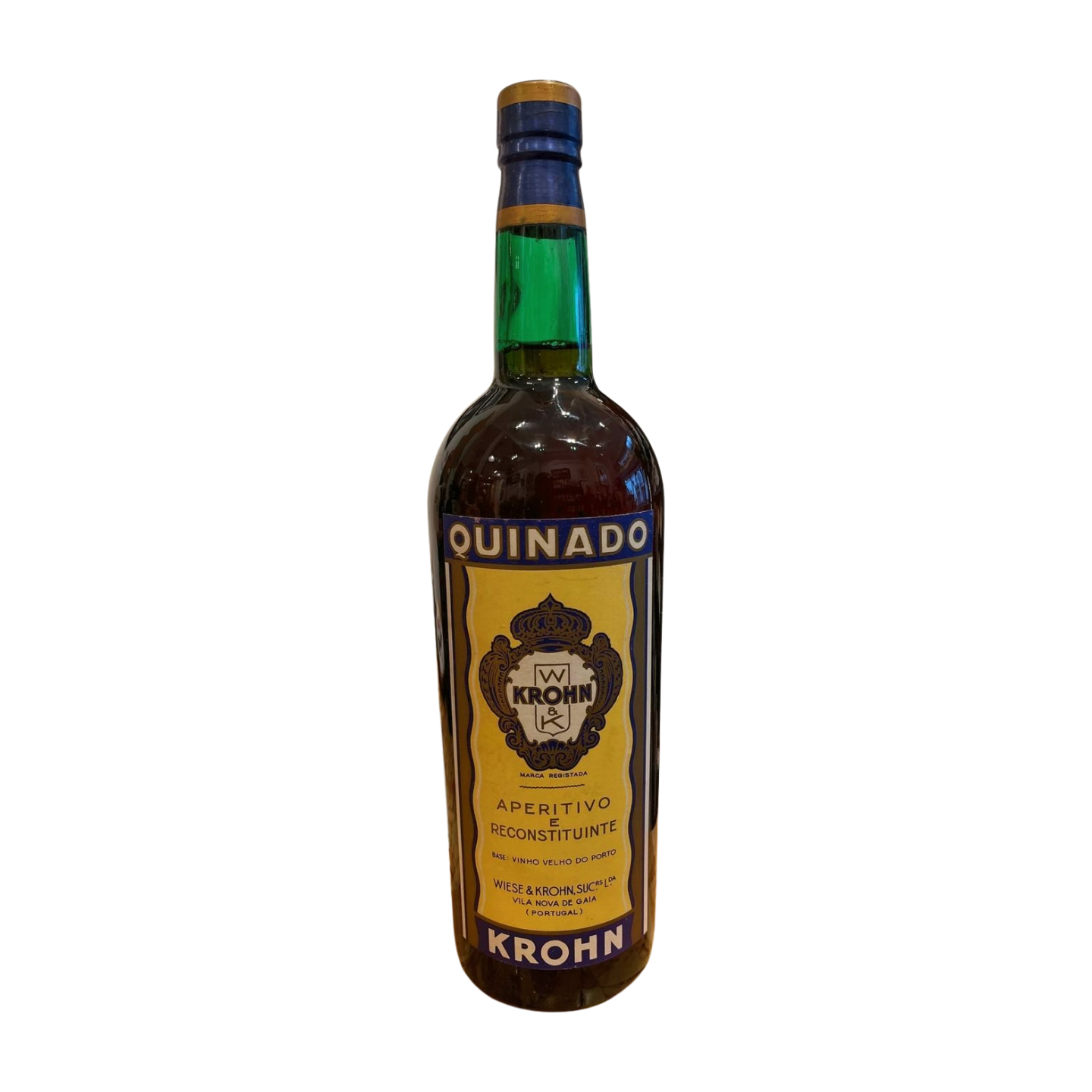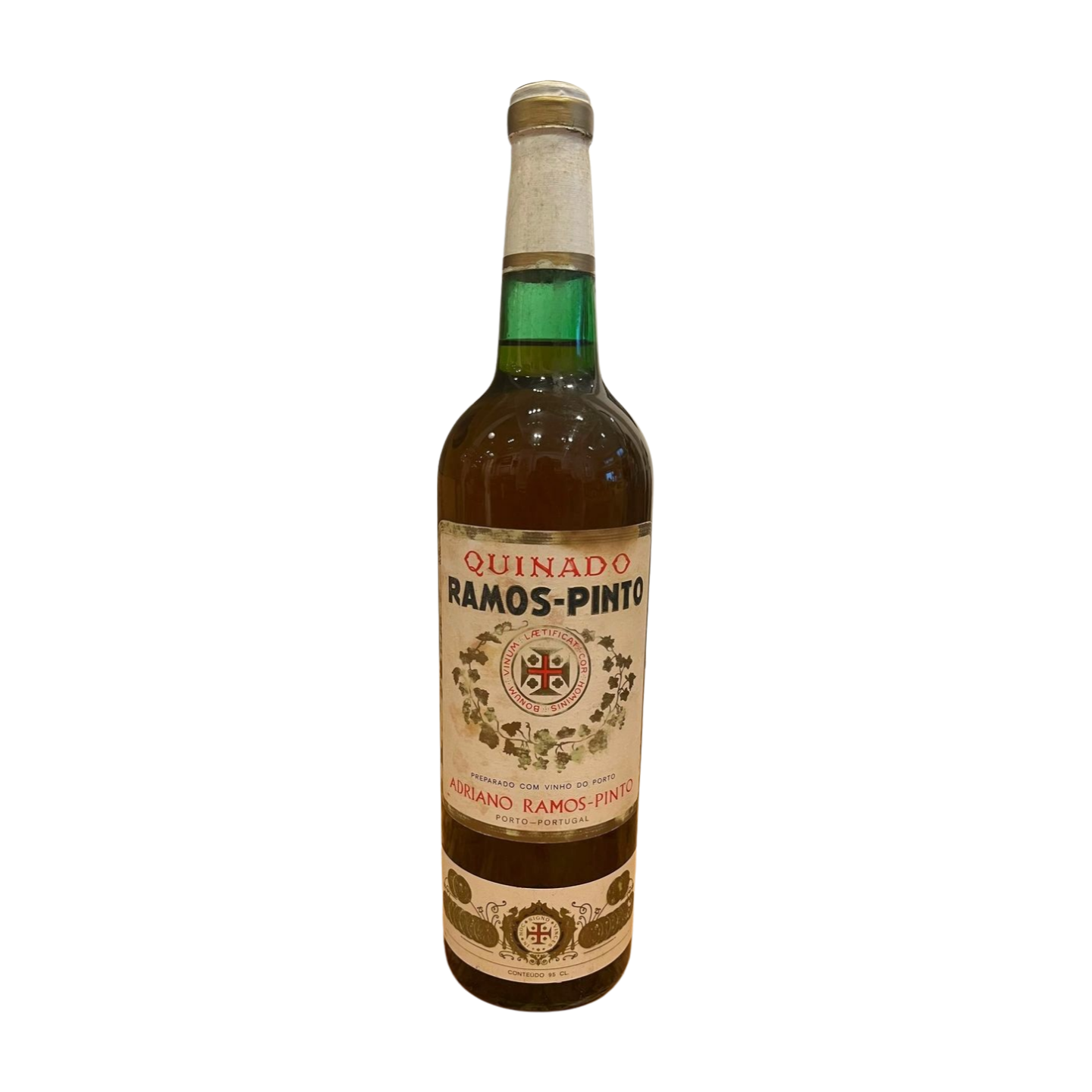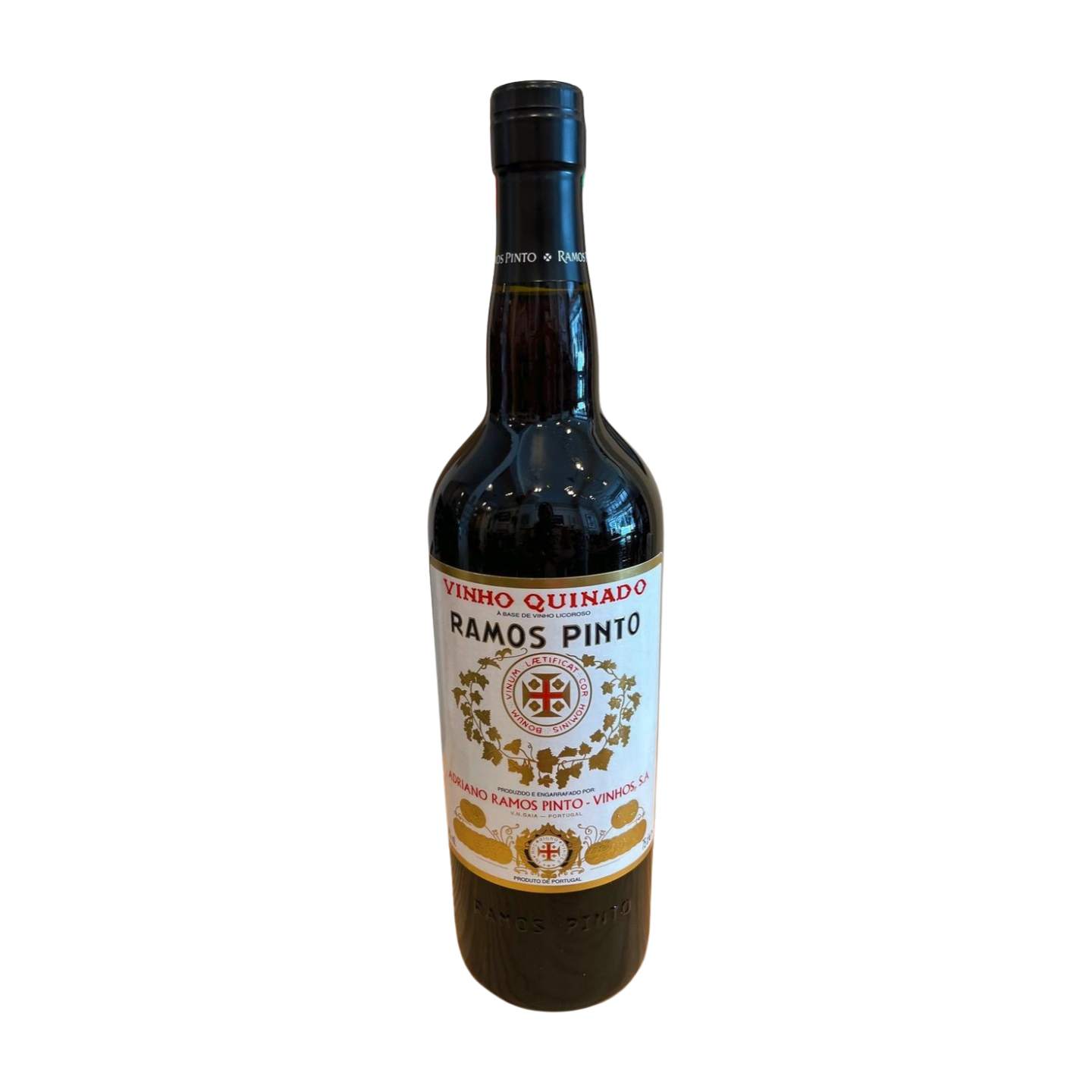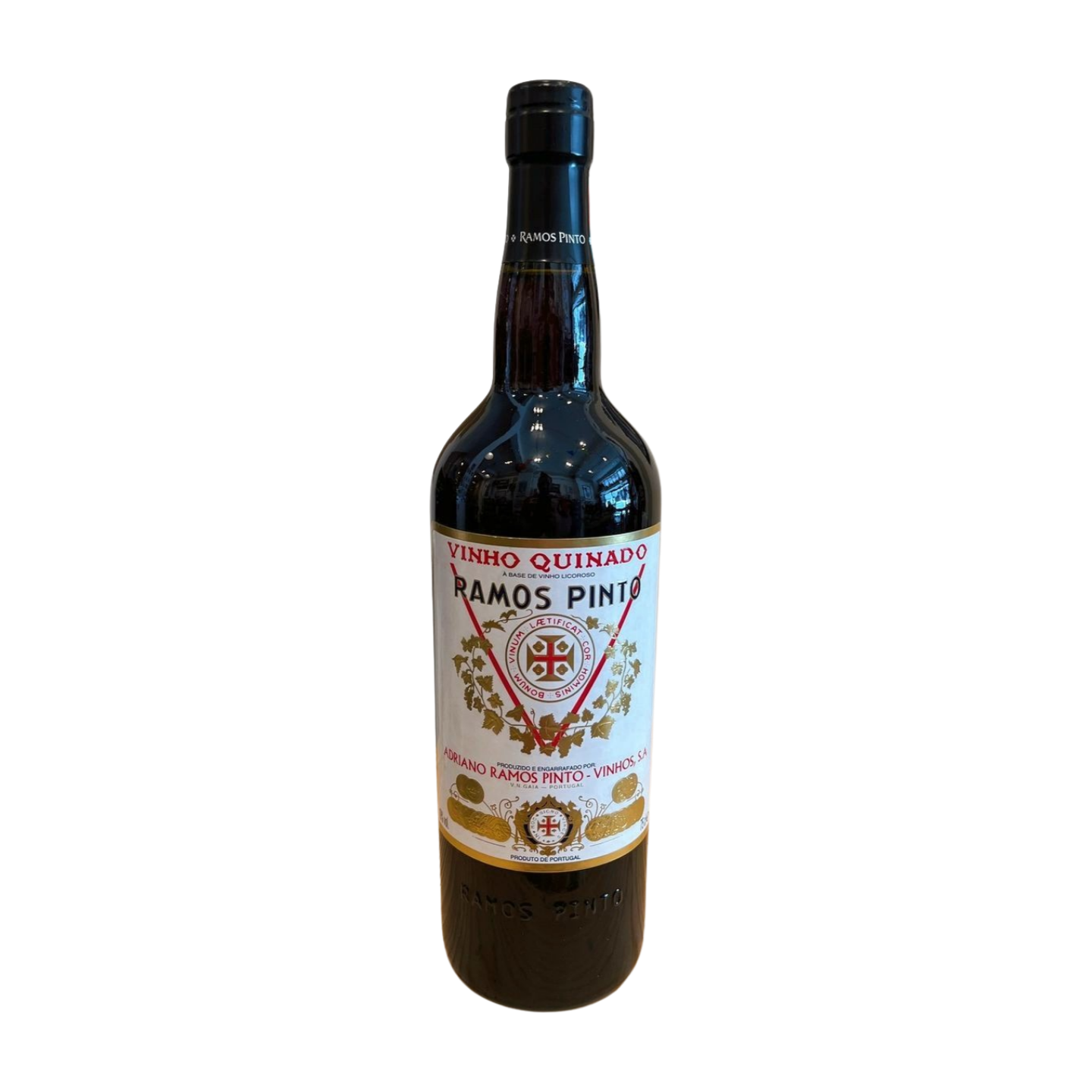Portuguese vermouth
Portugal's vermouth is a distinctive product that showcases the country's rich viticultural heritage, particularly through its use of aged Madeira wine as a base. This semi-sweet vermouth is characterized by a maceration process that incorporates aromatic plants and spices native to Madeira Island, resulting in a unique flavor profile that sets it apart from other vermouth styles. The combination of the fortified Madeira wine and local botanicals creates a complex drink with a balance of sweetness and herbal bitterness.
Notable producers of Portuguese vermouth include Poças, which offers a variety of vermouths that highlight the region's winemaking traditions. These producers often emphasize low-intervention techniques, allowing the natural characteristics of the grapes and botanicals to shine through. The vermouths are typically enjoyed both as aperitifs and in cocktails, reflecting the versatility of the drink within Portuguese culture.
One of the unique characteristics of Portuguese vermouth is its deep connection to the island of Madeira, which is less common in other vermouth styles that may rely more heavily on dry or sweet base wines from different regions. The herbal notes in Portuguese vermouths often include a mix of thyme, vanilla, and other aromatic herbs, contributing to a rich sensory experience that can vary significantly from one producer to another. This regional specificity, combined with the historical significance of Madeira wine, lends Portuguese vermouth a distinct identity within the broader category of vermouth.

